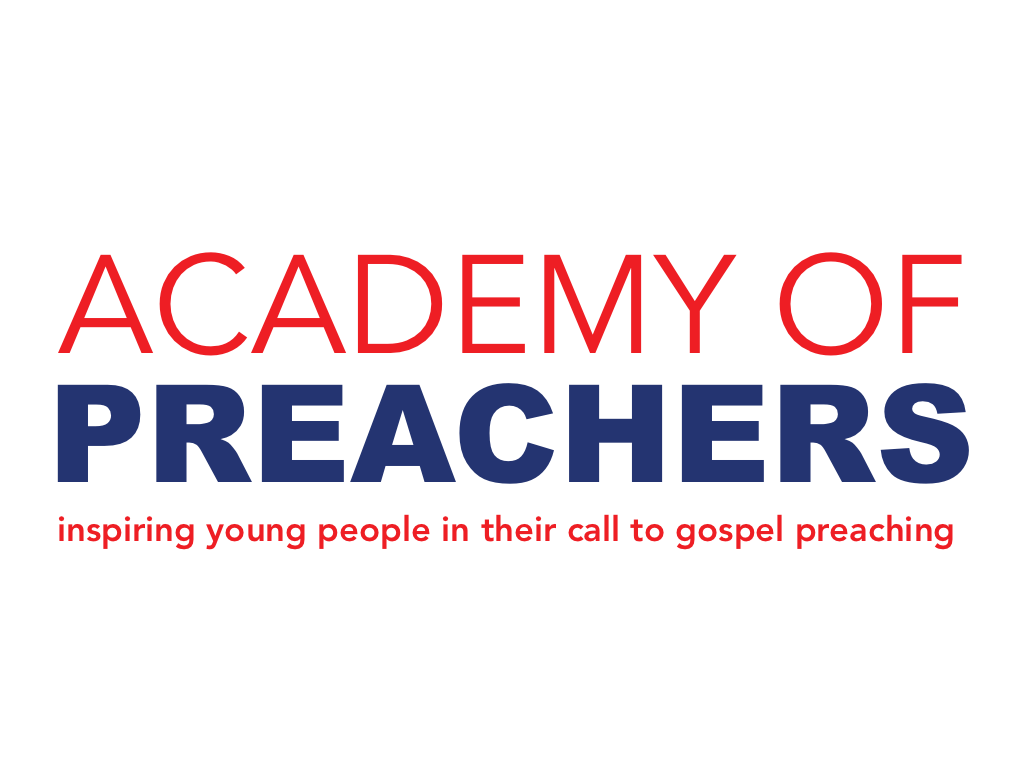 Aaron Carr AoP’12, M.Div. student at Candler School of Theology, Atlanta, GA
Aaron Carr AoP’12, M.Div. student at Candler School of Theology, Atlanta, GA
It’s been over a month since we all gathered in Atlanta, and I have to confess that I’m having a hard time reflecting on my experiences at that grace-filled gathering. At first, I thought the haze of time was keeping my thoughts from cohering into anything resembling an article. Or else it was surely the bustle of a new semester – new class, new professors, new obligations – that prevented my sitting down with my thoughts. But I think the reason I have been unable to reflect on the 2013 National Festival of Young Preachers runs deeper than any of these cursory reasons.
Largely, I think I have been unable to really reflect on this past festival for issues of geography. Allow me to explain. I moved to Atlanta in July, and unlike a number of “Atlantans,” I have an actual Atlanta address and I’m developing an abiding love for the things that happen inside the I-285 perimeter. The neighborhoods, parishes, restaurants, thrift stores, pubs, community centers, and coffee shops of Intown, Downtown, and Midtown mean more to me than they ever did when I was a suburbanite who only ventured into the big city for shows at the Fox or a Falcons game. Atlanta is rapidly becoming my city.
I know I’m not the only person in the world who loves this city, nor was I the only one at the Festival who loves this city, but I have a confession to make: I don’t think Buckhead is really a part of this city. Historically, the neighborhood was always a vacation spot for wealthy Atlantans. The few black areas that managed to spring up were razed in the 1940s. Nowadays, Buckhead is America’s ninth-wealthiest zip-code and houses the priciest real estate in the city, including the Georgia governor’s mansion. Its retail industry grosses over $1 billion annually – more than the GDP of a number of developing nations. Buckhead boasts not one but two Mobil 5-star restaurants. And its citizens are currently trying to secede from the city, ensuring that their tax revenue would continue to benefit only the wealthiest of Georgians.
And there we were, in the middle of all of it, living large in the Grand Hyatt and rubbing elbows with Tim Tebow (yup, he was staying with us while attending Passion). We preached from texts like Jeremiah 7, which proclaims that God will only dwell in Israel if Israel does not “oppress the alien, the orphan, and the widow.” Or Isaiah 6, a declaration of “good news to the oppressed…liberty to the captives.” Or Luke 19, wherein Zacchaeus promises to sell half of his possessions and give the proceeds to the poor, and to pay back four-fold those he has defrauded. Or Nehemiah 2, the story of Nehemiah’s construction of the walls of Jerusalem for the common good of the whole city.
Proclaiming the theme of “Gospel in the City,” we came into the Atlanta neighborhood that perhaps least signifies this city. We held forth at length on topics like “doing justice in the city” and “dwelling in the city,” while doing neither of those things. When 130+ preachers come to the city, the city should be different when they leave, and the only net change should not be an increase in the profits of already wealthy innkeepers. The poor, the widows and orphans, the captive, the oppressed, these should be the recipients of our work.
Of course, the mission of the Academy of Preachers is not the working of justice. Its mission is to “identify, network, encourage, and support young preachers.” This organization is not a social service but a training ground, a kind of laboratory that facilitates good preaching in the people that I am often blessed to call my peers. And I believe in this mission. Otherwise, I wouldn’t invest nearly as much time with the Academy as I do.
But good preaching – the kind of preaching I believe the AoP is called to teach – must facilitate a good and just response. It is not enough to sit in a ballroom and loudly “amen!” a pointed critique of the systemic injustices of our society. It is not enough to whoop at the top of our lungs if we don’t cry for justice with equal measure. It is not enough to spend hours laboring over a rhetorically brilliant manuscript. We must labor for the kingdom in ways that realize the kingdom in the lives of those who live outside the boundaries of Buckhead.
I suppose I wouldn’t feel this way if the Festival hadn’t been in my city this year. I certainly didn’t feel this way after Louisville last year. But it is my city, and it is the city of millions of others, others who desperately need the kind of work that should be inspired (yes, even the lives of the preachers) by the words we were saying. Our actions – including the ways and the places we spend our money – should reflect the moves of our homilies.
Thus, as we reflect on our time in Atlanta and look forward to another (wonderful, inspiring) National Festival in Indianapolis, I have but one simple message: we have to practice what we preach.
